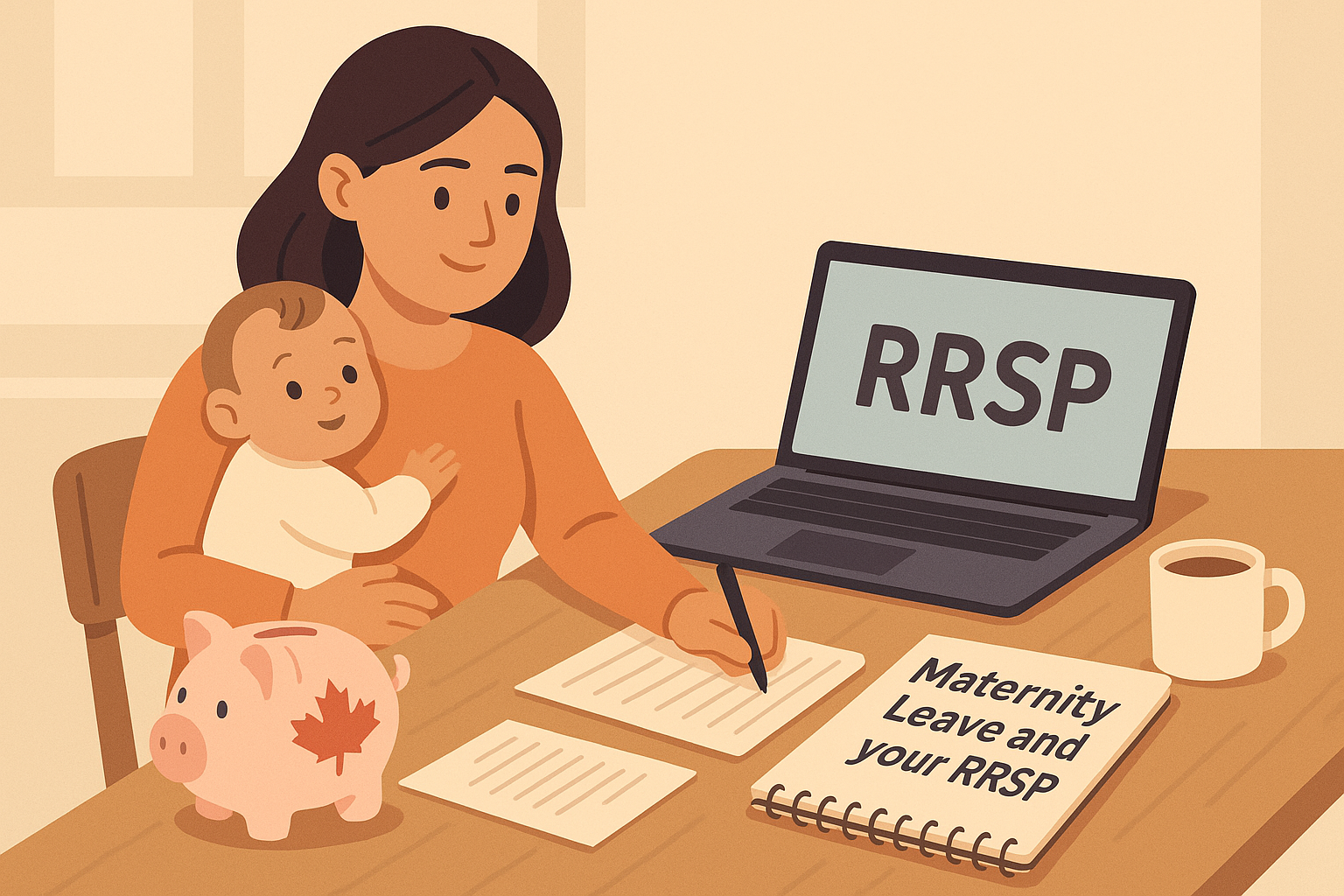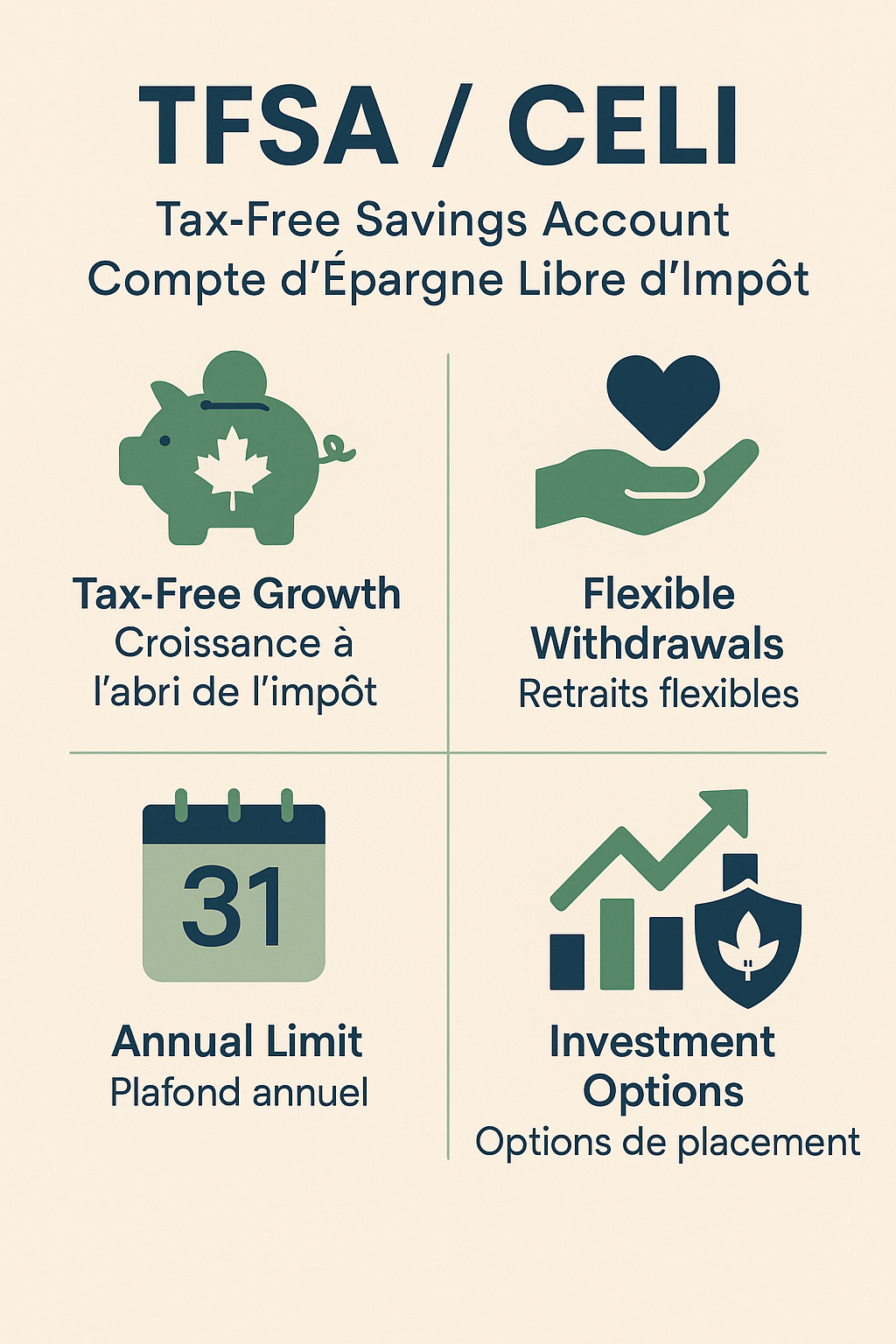Recently, central banks in developed countries have begun to lower their key interest rates. What impact does this have on the stock markets? Is it the best moment for you to invest? How should you re-organize your portfolio?
This article focuses on businesses, stocks, bonds, and the Guaranteed Investment Certificates (GICs). If you are not familiar with the concept of interest rates, central banks policy rates and stock markets yields, I recommend you reading this article published recently on this blog.
Overview of Stock Market Yields
Over the past few decades, stock markets in developed countries have delivered positive returns seven out of ten years. Interestingly, these positive returns occurred regardless of whether interest rates were high or low. This suggests there is no magical correlation between central bank rates and stock market performance. Staying invested in the stock market for the long term generally yields positive results, regardless of central bank interest rate environments.
Businesses, Guaranteed Investment Certificates, and Lower Interest Rates
You might think that lower interest rates would ease borrowing costs for companies, potentially leading to higher profitability. Thus, investor expectations for revenue and profit could be higher, right? The answer is yes! In recent years, as interest rates increased, Guaranteed Investment Certificates (GICs) became very attractive, yielding around 5%. Many people questioned why they should invest in the stock market when GICs offered a secure 5% return. As these GICs mature, some might consider taking more risks with their money. This trend could continue, but let’s be clear: GICs won’t make you rich; they’re not a good long-term investment strategy. If a GIC yields 5% while inflation is at 4% or 4.5%, it merely protects you against inflation rather than growing your wealth.
Keep Investing Regardless Central Banks Policy Rates
In 2022, when central banks lowered interest rates, many investors were surprised by the strong performance of the stock markets. I was surprised too; I never imagined such a scenario. This highlights the beauty of investing: when you take a broad market approach and don’t try to predict every twist and turn, you don’t need to anticipate market fluctuations. The more detached you are, the greater your advantage.
Bonds and Interest Rates
For bonds, interest rates have a very close relationship with bond yields. As interest rates start to drop, which may continue in the coming months or years, should you hold fewer bonds in your portfolio? The answer is no! If interest rates decrease, the value of your bonds will actually increase, resulting in a capital gain. So, it’s definitely not a bad time to buy bonds. Remember, in the past two years when interest rates were quite high, bonds were disliked by many investors. They were the underdogs. The role of bonds has never been to make us rich. Instead, bonds in a portfolio allow our stocks to perform without disruption. Every investor dreams of holding 100% stocks and enjoying high returns. Unfortunately, studies show that the more a portfolio is skewed towards stocks, the lower the investor’s actual returns compared to the fund’s performance. Bonds are there to let our stocks work through good times and bad, ensuring we can sleep peacefully.
How to Invest in the Stock Market in Canada
To invest in the stock market, you need to open an investment account with an online broker. In Canada, there are currently four online brokers with either no commission fees or low commission fees:
- Wealthsimple (use my exclusive Wealthsimple Trade link and referral code 2TNWEA, you’ll receive a $25 cash bonus after depositing an initial amount of $150).
- Questrade (sign up here* and get a $50 bonus when you use my promo code 655729493467527)
- National Bank Direct Brokerage
- Desjardins Disnat
I will update this list as other credible providers, validated by the country’s competent authorities, enter the market. If you know of any others, please let me know.
Conclusion
In summary, lower central bank rates can positively impact the stock market by reducing borrowing costs for companies and raising profit expectations. However, this doesn’t mean you should abandon a diversified approach. Stocks tend to perform well over the long term, regardless of interest rate environments. GICs may offer short-term security but won’t grow your wealth significantly. Bonds, often underappreciated, play a crucial role in stabilizing your portfolio, especially when interest rates are on a downward trend. Embrace a balanced investment strategy to navigate various market conditions and achieve financial peace of mind.
What decisions have you recently made in response to the Bank of Canada’s policy rate cut? Subscribe or leave a comment.







